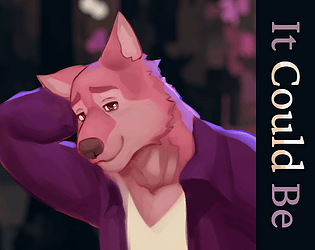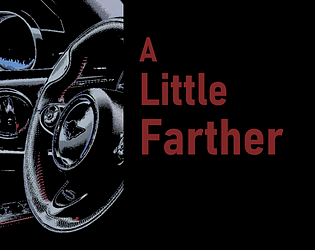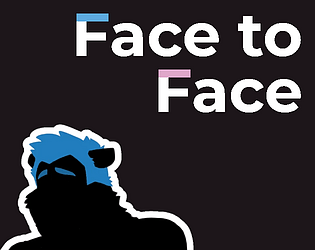A VN that’s about embarrassed naked guys!
I really like how Jack taunts the contestants as they get deeper into the sexy punishments in store for them, and how the contestants react to each other. He’s kind of an unassuming dom, but it’s very hot. The passphrase being “I’m young, stupid, and could really use the money” sets the tone for the contestants’ humiliation even before they set foot on stage, and it stays strong throughout the game.




